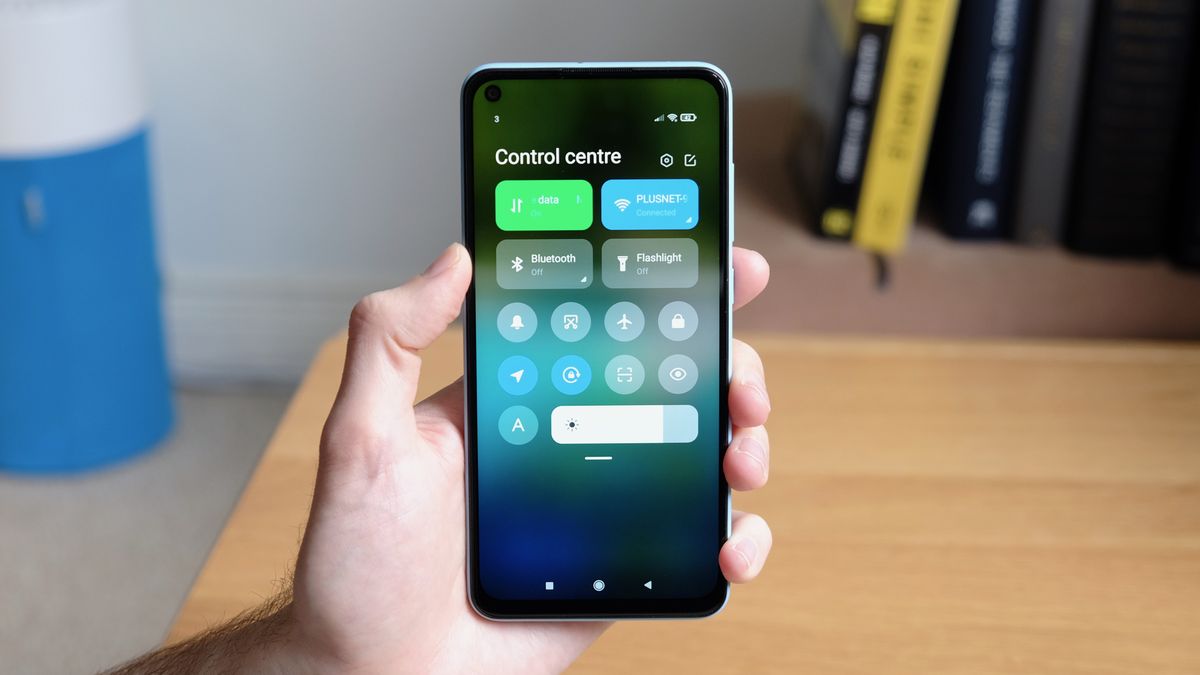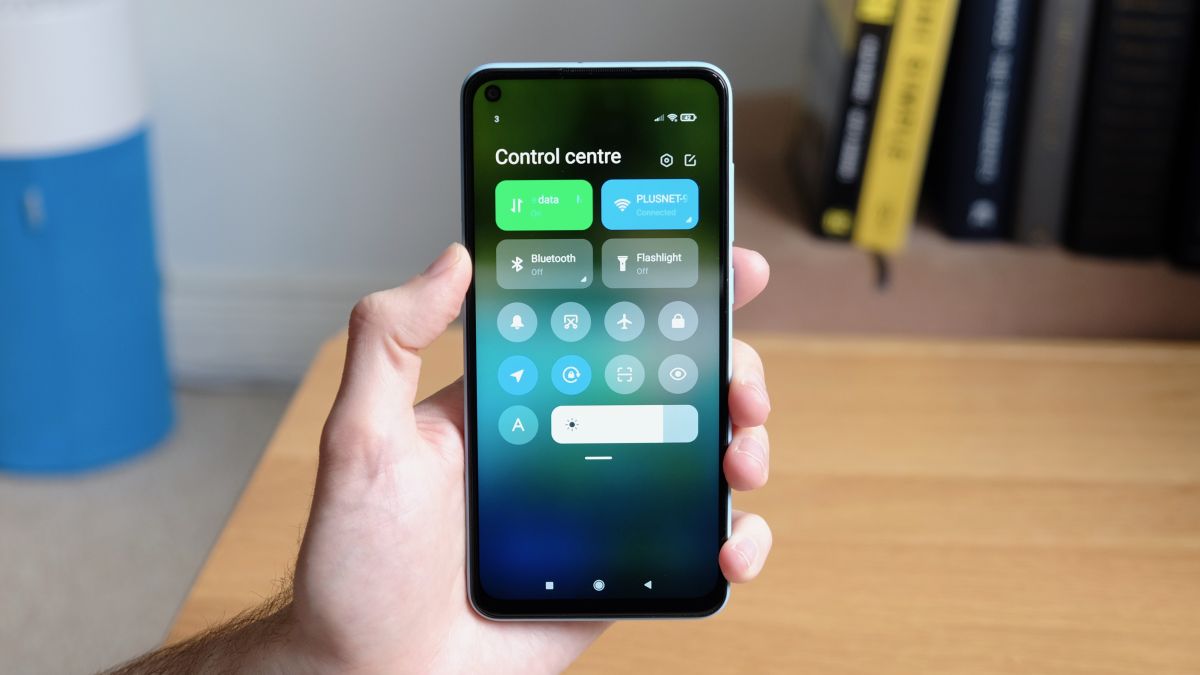
Back in the early days of Android and before Xiaomi had even launched its first-ever smartphone, MIUI was already very famous among enthusiasts. Users could be seen visiting various developer portals searching for ways to install an MIUI port on their phones as the colourful UI added a lot of interesting features missing from the vanilla Android.
Over the period, hardware has taken a center stage at Xiaomi and the company is more known for its affordable smartphones and other ecosystem products. This has resulted in some inconsistencies reeking into the software, so much so, that there is constant chatter around the issues that MIUI has.
This obviously hurt Xiaomi’s plans of taking its flagship phones to the mainstream in the global markets. The users looking for budget phones are already ok to compromise on their experience to pay a significantly lesser price. While a user who pays the premium of a flagship phone not only wants top of the line hardware specs but also expect the software powering the phone to be consistent and bug-free.
To iron out these issues, Xiaomi has set up a MIUI Pioneer team back home in China comprising community members and senior team members. The sole aim of this team is to gather feedback from the users and improve on the issues like “quality assurance, hardware optimization, and more.”
The company feels that “by strengthening online communication with our users, we can gain deeper insights and understanding of those problems to better serve our users,” says Android Authority.
Expect impact on global MIUI ROMs as well
Like any other Chinese smartphone maker, even MIUI has a couple of variants – one that caters to the users in the Chinese mainland and the other one for the rest of the world. Thankfully, the result of improvements brought forward by the Pioneer Team will not be limited to the Chinese version of MIUI.
An official statement from the company reads, “This team’s work will be beneficial to global versions of MIUI and will also take global users’ MIUI experience into account. We welcome any form of feedback and will update you once we have more details.”
Since the team has just been set up and it will take time for us to see the results, it does underline the fact that only focusing on hardware and price may get you user base initially, however, to sustain and grow you need to keep innovating on the software front as well.
Xiaomi, to its credit, keeps updating its MIUI skin at regular intervals and its latest version MIUI 12.5 is rolling out to devices as this piece is being written. With the help of MIUI it brings the latest Android features to the old devices in its lineup that are not actually destined to receive the latest version of Android.
Talking about the competition. OnePlus apart from its focus on hardware and affordable pricing, was able to gain a lot of traction thanks to the Oxygen OS that, while keeping the experience as close as possible to vanilla Android, offers optimizations that help improve the user experience. Similarly, the amount of focus Samsung has put in to improve its OneUI is paying rich dividends now.
Follow TechRadar India on Twitter, Facebook and Instagram for the latest updates.
